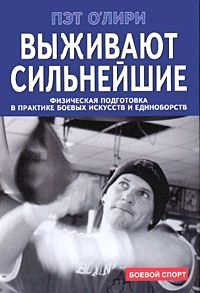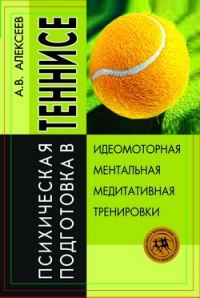Книга Физическая подготовка квалифицированных дзюдоистов к главному соревнованию года - Валерий Пашинцев
Читать книгу Физическая подготовка квалифицированных дзюдоистов к главному соревнованию года - Валерий Пашинцев полностью.
Шрифт:
-
+
Интервал:
-
+
Закладка:
Сделать
Перейти на страницу:
Перейти на страницу:
Книги схожие с книгой «Физическая подготовка квалифицированных дзюдоистов к главному соревнованию года - Валерий Пашинцев» от автора - Валерий Пашинцев:
Комментарии и отзывы (0) к книге "Физическая подготовка квалифицированных дзюдоистов к главному соревнованию года - Валерий Пашинцев"








